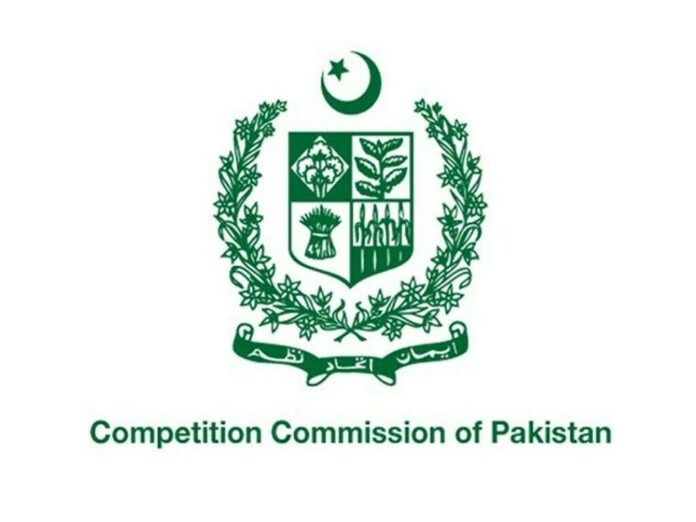ISLAMABAD: The Competition Commission of Pakistan (CCP) has sounded alarm bells over monopolistic practices and regulatory hurdles in the country’s liquefied natural gas (LNG) sector, releasing a comprehensive research study titled “State of Competition in the LNG Sector in Pakistan.”
Commissioned by the Finance Division, the study sheds light on how state-owned enterprises (SOEs) including Pakistan State Oil (PSO), Pakistan LNG Limited (PLL), Sui Southern Gas Company Limited (SSGCL), and Sui Northern Gas Pipelines Limited (SNGPL) continue to dominate the LNG value chain — from imports to storage and distribution — leaving little room for private sector participation.
According to the CCP, the sector is plagued by monopolistic dominance, restrictive licensing rules, limited access to infrastructure, and slow implementation of Third-Party Access (TPA) rules. The report also flagged circular debt in the gas sector ballooning to PKR 2,866 billion as of January 2024, driven largely by delayed tariff adjustments and diversion of RLNG supplies.
The CCP’s research, prepared using the World Bank’s Markets and Competition Policy Assessment Toolkit (MCPAT), proposes sweeping reforms. These include: creating a one-stop-shop for LNG import clearance through a Central Coordination Committee, fast-tracking TPA rules for private sector access to terminals and pipelines, and unbundling SSGCL and SNGPL’s transmission and distribution functions to ensure a level playing field. It also recommended better demand forecasting and targeted three-year plans to reduce Unaccounted-for-Gas (UFG) losses.
Speaking at the launch, CCP Chairman Dr. Kabir Ahmed Sidhu said the report is designed to “catalyze policy discussions and support reforms that foster open access, enhance private sector participation, and ensure sustainable energy security.” He stressed that greater competition is essential to unlock efficiency, drive down costs, and spur innovation in Pakistan’s LNG sector.
The study also draws lessons from international markets, particularly Japan, where gradual liberalization, unbundling of infrastructure, and guaranteed fair access helped transform the gas industry.
The full report has been made available for public access at www.cc.gov.pk, with CCP inviting feedback from industry stakeholders, policymakers, and citizens.




